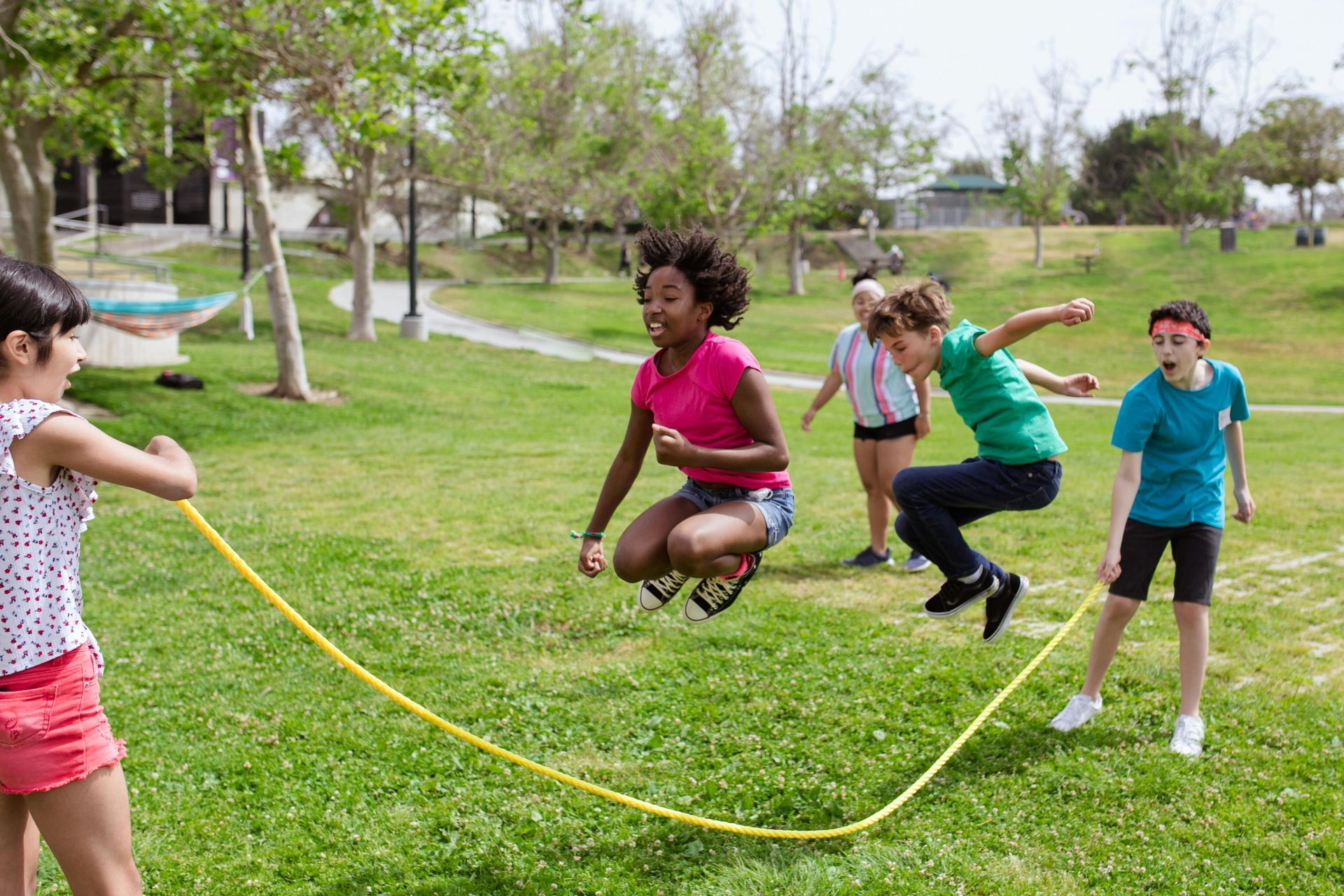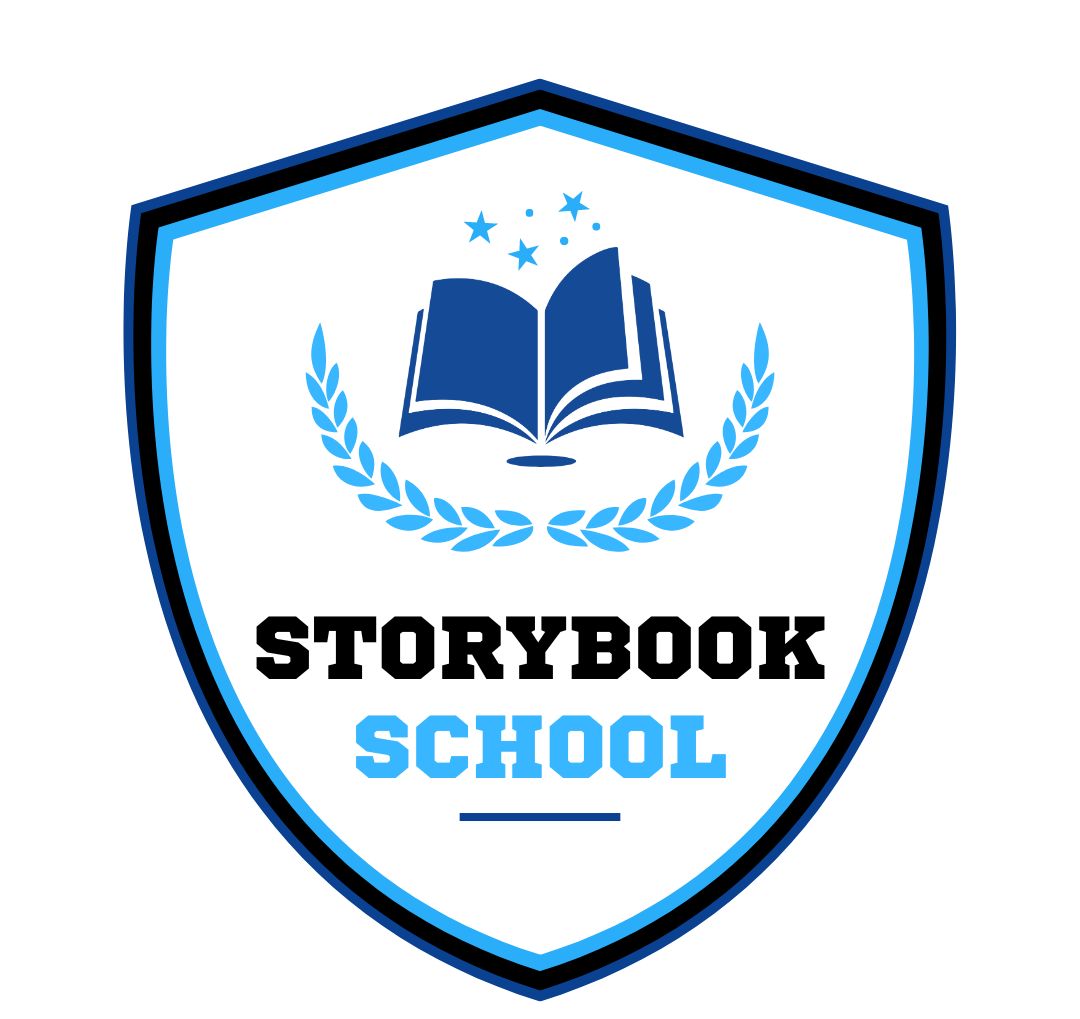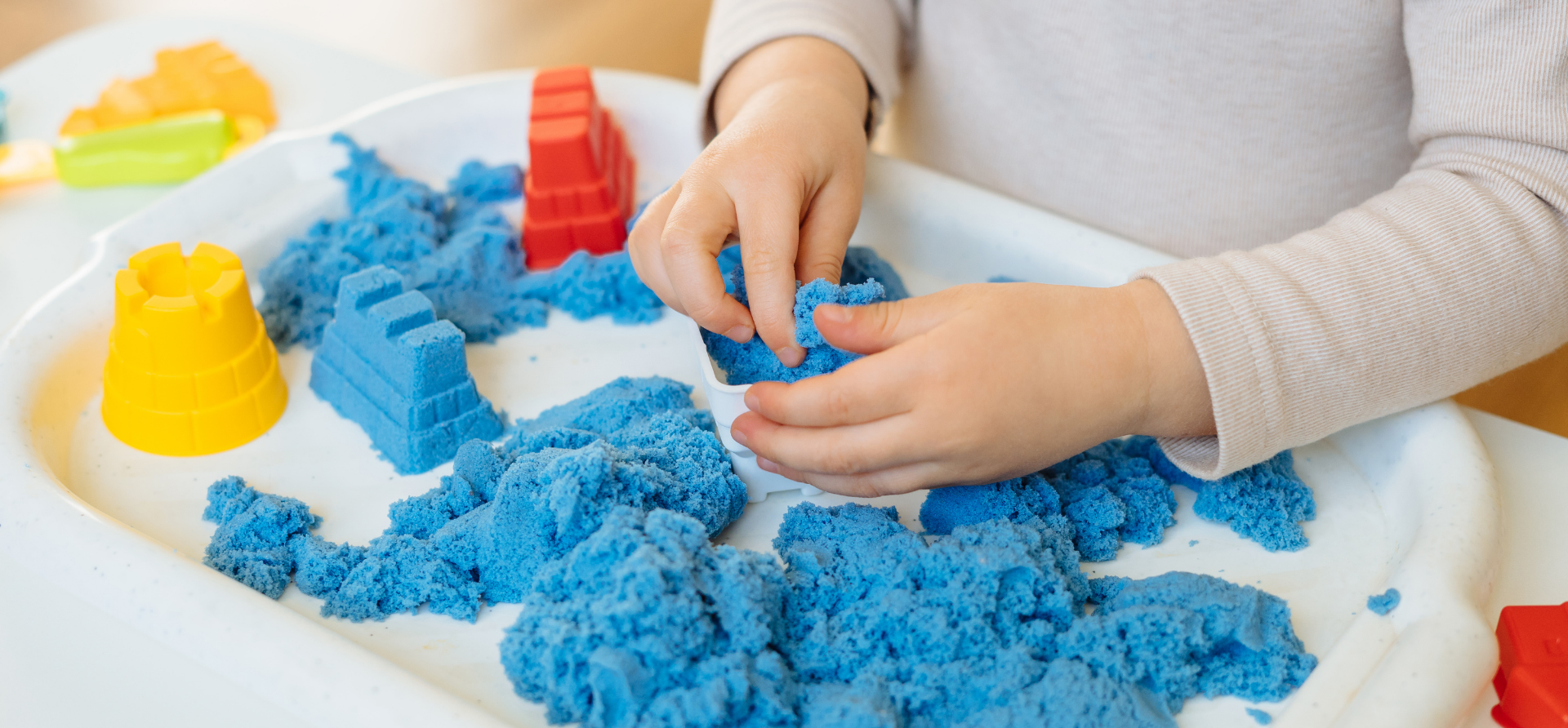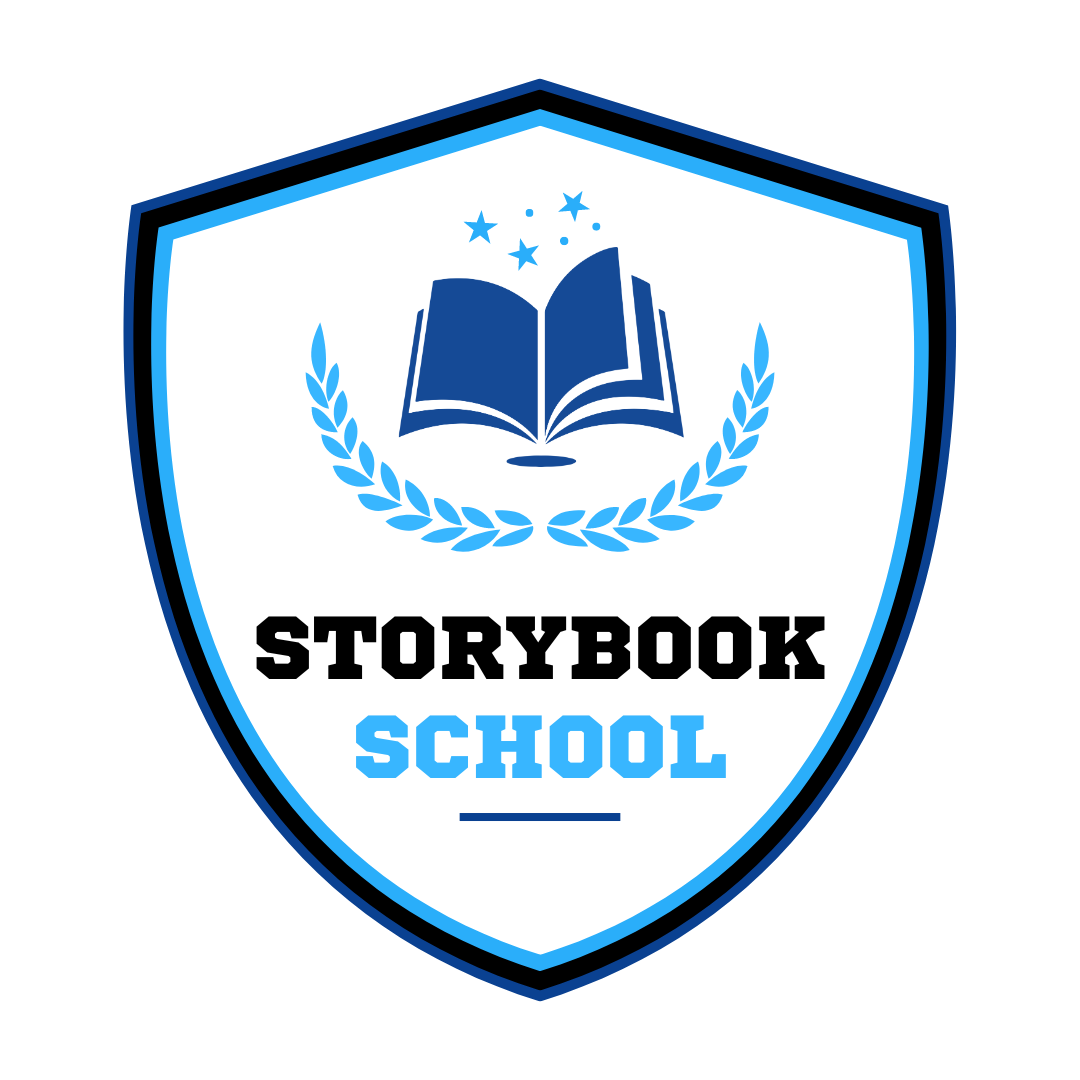Little Minds, Big Questions: Encouraging Curiosity in Preschoolers
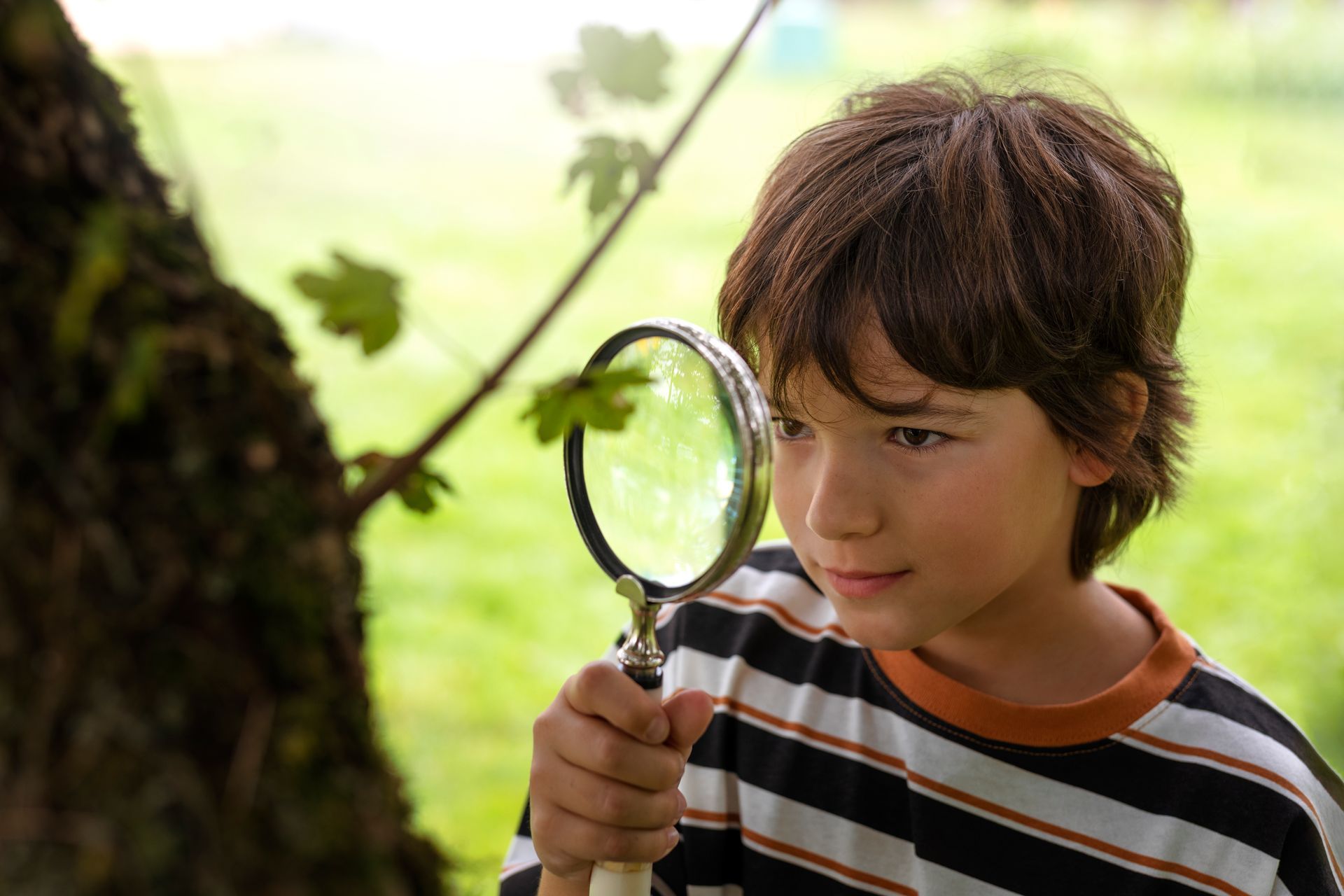
Preschoolers are some of the most naturally curious humans on the planet. If you’ve ever spent time with a 3- or 4-year-old, you know their days are filled with questions—big ones, small ones, and everything in between. “Why is the sky blue?” “What happens when you mix red and yellow?” “Where do bugs sleep?” At Storybook School Orlando, we believe that these questions are more than just cute—they are the seeds of lifelong learning.
Curiosity is the spark that ignites imagination, critical thinking, and a love of discovery. In early childhood, this spark burns brightest. Our role as educators and caregivers is to fan that flame, creating a safe, stimulating, and joyful environment where little minds can explore big ideas.
In this post, we’ll explore how we encourage curiosity in preschoolers, why it matters, and how families can nurture their children’s inquisitive nature at home. And if you’re wondering about the benefits of early childcare or when to start your child’s journey, be sure to check out our related articles "7 Advantages of Early Childcare Enrollment" and "What’s the Best Age to Start Childcare?".
Why Curiosity Matters in Early Childhood
Curiosity drives exploration, which is at the heart of how young children learn. When preschoolers are curious, they are more likely to:
- Engage deeply with new ideas
- Ask thoughtful questions
- Seek out challenges
- Persist through trial and error
- Build problem-solving skills
- Develop resilience and independence
Research in developmental psychology shows that curiosity is linked to stronger memory, better academic outcomes, and improved social skills. When children are encouraged to be curious, they learn how to learn—an invaluable skill for school and life.
Creating a Curiosity-Driven Classroom
At Storybook School Orlando, curiosity is not a side effect of learning—it’s the foundation of our approach. Our classrooms are designed to be rich in sensory, imaginative, and investigative experiences. Here’s how we cultivate curiosity every day:
1. Inquiry-Based Learning
We embrace inquiry-based learning, where lessons begin with a question posed by the teacher—or even better, by the children themselves. For example, if a child wonders why leaves change color, we might explore seasons, photosynthesis, and even conduct leaf-rubbing art projects. This method encourages children to be active participants in their learning.
2. Open-Ended Materials
Instead of only offering toys with fixed functions, we provide open-ended materials like blocks, art supplies, nature objects, and sensory bins. These materials inspire children to experiment, invent, and imagine. There is no “right” way to use them—only possibilities to explore.
3. Outdoor Exploration
Nature is one of the greatest teachers of all. Our outdoor play areas serve as natural laboratories where children can dig, build, observe bugs, chase shadows, and splash in puddles. Being outside stimulates all five senses and naturally invites questions about the world.
4. Thoughtful Conversations
When a child asks a question, we don’t rush to give the answer. Instead, we respond with curiosity ourselves: “That’s an interesting question. What do you think?” or “Let’s find out together.” This builds confidence and encourages children to become problem solvers and thinkers.
5. Project-Based Exploration
We often dive into group projects based on a shared curiosity. One class’s interest in outer space led to a month-long exploration complete with a cardboard rocket ship, star charts, and a visit from a local astronomer. When children are part of planning their learning, they become more engaged and invested.
The Role of Teachers as Co-Explorers
Our teachers are not just instructors—they are co-explorers. They listen deeply to children’s questions, observe their interests, and scaffold their learning with thoughtful activities and challenges. By modeling curiosity themselves, our educators show children that asking questions is a powerful tool.
We also take care to create an emotionally supportive environment where children feel safe expressing their thoughts, taking risks, and making mistakes. These experiences build the resilience and confidence that children need to keep exploring.
How Parents Can Support Curiosity at Home
Learning doesn’t stop when the school day ends. Parents and caregivers play a vital role in supporting curiosity at home. Here are some ways to encourage your child’s inquisitive mind:
1. Embrace the “Why” Phase
Rather than getting overwhelmed by the endless questions, try to see them as opportunities for connection and discovery. You don’t need all the answers—in fact, wondering together is even better.
2. Create a Yes Space
Set up an area where your child is free to explore without too many restrictions. Provide books, puzzles, craft supplies, and natural objects like rocks or pinecones. Keep it safe, inviting, and open-ended.
3. Follow Their Lead
If your child is fascinated by dinosaurs, plan a trip to the library for dinosaur books, do a simple excavation activity with dirt and toy bones, or draw pictures of prehistoric creatures. Let their curiosity guide the activity.
4. Be Curious Yourself
Children model what they see. Share your own questions aloud—“I wonder why the moon looks so big tonight”—and involve your child in finding the answer. This shows that learning is a lifelong adventure.
5. Limit Screen Time
While technology has its place, excessive screen time can dull natural curiosity. Instead, prioritize play, conversation, and real-world exploration. The most powerful learning happens through hands-on experiences.
Curiosity and Confidence Go Hand in Hand
When children are encouraged to explore their interests, they build a sense of agency and competence. They begin to see themselves as capable learners who can tackle challenges and discover solutions. This mindset will serve them well not just in school, but throughout their lives.
We’ve seen it firsthand at Storybook School Orlando. From toddlers marveling at shadows on the wall to preschoolers designing their own obstacle courses, every question is a gateway to growth.
Begin the Journey of Discovery with Us
If you’re looking for a preschool where curiosity is celebrated, questions are welcomed, and learning is a joyful adventure, we invite you to explore Storybook School Orlando. We are proud to provide an environment where little minds can ask big questions—and find wonder in the answers.
Let’s nurture your child’s curiosity together—one big question at a time.






